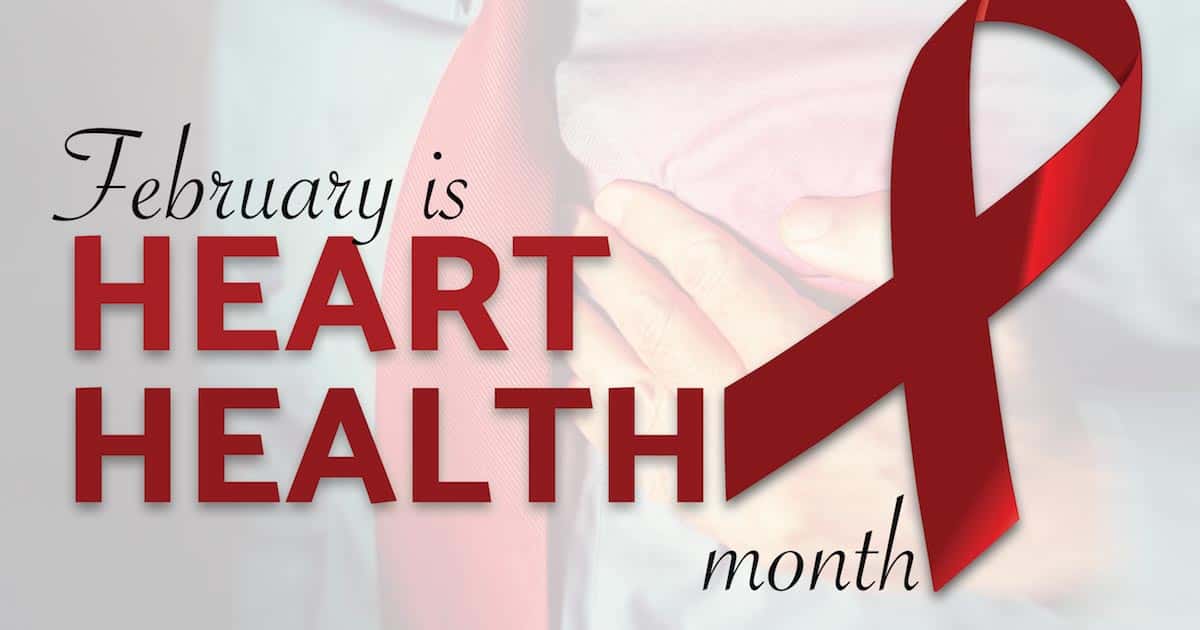Your breath shortens, you feel discomfort in your chest and upper body, and start to feel light-headed – You may be experiencing a heart attack. Wisconsin is one of the states with the highest death rates as a result of heart attack and stroke. Approximately, 17 million people die each year of heart related issues and heart disease is the first leading cause death among American Indians/Alaskan Natives (AI/AN) (CDC, 2014).
There are many contributing factors to heart disease/stroke/heart attack that include one’s diet, physical activity, and smoking status. AI/AN are at higher risk (8.1 for AI/AN to 6.2 for Non-Hispanic Caucasians) compared to other races/ethnicities given the population’s higher rates of diabetes, hypertensions, and tobacco use (Office of Minority Health, 2014). Deaths as a result of heart disease among AI/AN populations occur more often at a younger age (36% die under the age of 65) compared to other populations (American Heart Association, 2016). It is important to know the signs and symptoms of stroke and heart attack, because acting quickly could save your life.
Heart Attack
- Chest Discomfort: You may feel that your chest hurts or feels tight.
- Discomfort in Your Upper Body: One or both arms, your back and/or stomach may hurt. You may also experience some neck or jaw pain.
- Shortness of Breath: You feel like you can’t breathe.
- You may also feel light-headed, sick to your stomach and have a cold sweat.
Stroke, Remember to act F.A.S.T.
Face: Try to smile, does one side of the face droop?
Arm: Raise both your arms, does one arm drift downward?
Speech: Repeat a sentence, are you/they able to speak clearly and repeat sentence accurately?
Time: If you observe any of these signs, call 9-1-1 immediately.
If you are experiencing any signs and symptoms it is important to call 9-1-1, do not drive yourself to the hospital. Your risk for heart disease, attack, and stroke can be reduced and prevented by maintaining a healthy diet, routine exercise, limiting alcohol consumption, managing stress, and controlling your blood pressure and cholesterol levels. If you feel you may be at risk, ask your primary care provider about the ABCS.
Know your ABCS
- Ask your doctor if you should take an Aspirin every day.
- Find out if you have high Blood pressure or Cholesterol, if you do, speak with a primary care provider about how to treat and manage these levels.
- If you Smoke, get help to quit. Contact the Forest County Potawatomi Community Health Department at (715) 478-4355 for more information on the smoking cessation program.
References
- American Heart Association. 2016. For Native Americans, heart health doesn’t come easy. Retrieved from http://news.heart.org/for-native-americans-heart-health-doesnt-come-easy/
- Center for Disease Control and Prevention. 2014. Be One in a Million this American Heart Month. Retrieved from https://www.cdc.gov/dhdsp/american_heart_month.htm
- National Stroke Association. 2016. Minorities and Stroke: American Indians and Alaska Natives. Retrieved from http://www.stroke.org/understand-stroke/impact-stroke/minorities-and-stroke
- Office of Minority Health. 2014. Heart Disease and American Indians/Alaska Natives. Retrieved form https://minorityhealth.hhs.gov/omh/browse.aspx?lvl=4&lvlid=34
- United States Department of Health and Human Services. 2006. Honoring the Gift of Heart Health. Retrieved from https://www.nhlbi.nih.gov/files/docs/resources/heart/ak_manual.pdf

